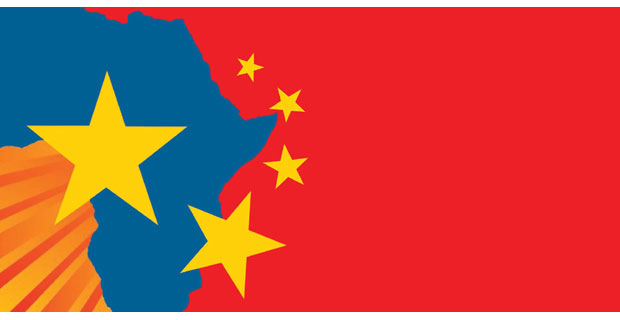China's Presence in East Africa Getting Questioned

With the latest operationalisation of the Lamu port in Kenya, China now has another port facility in the Indian Ocean that it could access without impediments and from where it could project its power capabilities. Just like Hambantota in Sri Lanka, Djibouti, Bagamoyo, Mombasa and Lamu can be seen as few examples of China’s so-called debt-trap diplomacy, wherein China is tailoring its support to the country by answering immediately their expressed needs, but by doing that also trapping them in their net and establishing bonds for life that they would be unable to pay back.
“To put the unequal terms of BRI projects in perspective for the readers, the project contracts invariably have conditions that countries are forced to accept - loans at exorbitant rates, expansive concessions for Chinese agencies to operate and expand at will, long term exclusive unilateral lease and a non-competition clause,” the officer added.
The political imperative of showcasing China-Africa relations has also seen many economically unviable projects being taken up under the BRI umbrella. A prime example for the same is the railway project in Ethiopia, which required significant renegotiation of the loan terms. Allegedly, China’s financing of its BRI projects across Africa is mostly loans to governments that are both very large and conditioned by signatory’s commitments to not fully disclose their terms. The latest victim is Zambia that is struggling to repay its debt to China. “What China is intending to do in Africa is no less than what the Europeans and Americans did in the past. Taking advantage of the weak economy and unstable governments, China has been able to lure these poverty ridden countries into an inescapable trap,” the officer said. The Chinese model in Africa has been distinctly predatory and self-serving—a realization that is dawning on many African nations today, the officer claimed.
China watchers and BRI commentators have for long asserted that the BRI is only a system of creating access to markets for Chinese goods and the narrative of creation of infrastructure that will boost development of the host nation is at best tenuous.
The African agenda of BRI also has to be seen in a larger context. The Chinese Dream that has been popularized by Xi Jinping hinges on global influence and power. “This is being obtained blatantly through coercion, belligerence, opacity and duplicity by the Chinese machinery,” the officer added. The economic subjugation of African nations, hegemony and outlandish claims in the South China Sea, interference with legitimate maritime economic pursuits of littoral nations, lack of respect for international norms, belligerence on hitherto peaceful border areas - all point to the treacherous intentions and underpinnings of the Chinese Dream. “It is, therefore, time that the world calls out the CPC for what they are - a ruthless unscrupulous conglomerate that treats sovereign nations with disdain and disrespect,” the officer added. China views peace, prosperity and regional influence as a zero-sum game, and this has played out again and again on the world stage. “It is a certainty that a country that shows scant regard for its citizens is unlikely to treat any other nation with equanimity and respect,” he said.
And this is becoming clearer every day, with the experience of the nations in Africa.











Comments.